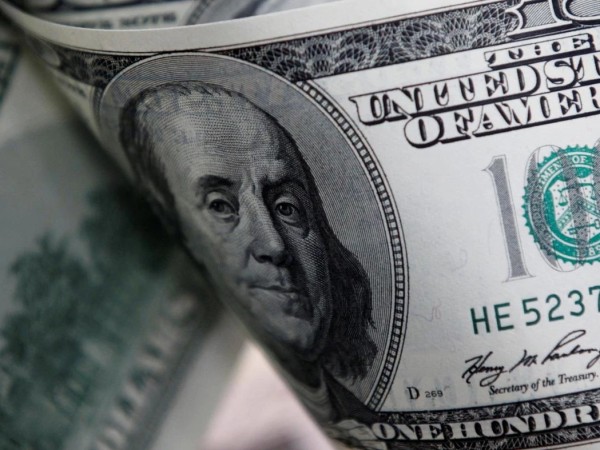Global FDI flows will remain weak in 2021. UNCTAD's forecast in the World Investment Report 2020 projected a further 5-10% slide in 2021. The effects of the recession is forecasted to linger and an FDI recovery is not expected to start before 2022.
“Although the global economy is expected to initiate a hesitant and uneven recovery in 2021 and GDP growth, gross fixed capital formation and trade are projected to resume growth, investors are likely to remain cautious in committing capital to new overseas productive assets.
International investment projects tend to have a long gestation period and react to crises with a delay, both on the downward slope and in the recovery. The uncharacteristic immediacy of the FDI reaction to the crisis caused by COVID-19 pandemic was due to physical lockdowns and other mitigation measures making the implementation of ongoing projects more difficult, but the effects of the recession will linger and an FDI recovery is not expected to start before 2022. Investor uncertainty related to further waves of the pandemic and to developments in the global policy environment for investment will also continue to affect FDI,” reads the report of UNCTAD.
Data on an announcement basis-on M&As, greenfield investments and project finance-provide a mixed picture on forward trends, confirming the weak outlook. Greenfield project announcements in 2020, 35% lower than in 2019, do not bode well for new investment in industrial sectors in 2021. The decline in announced international project finance deals, important for investment in infrastructure, more contained (-2%), but the uptick in the last part of the year that dampened the decline was largely concentrated in developed countries. The far more limited capacity of developing countries to roll-out economic support packages to stimulate investment in infrastructure will result in an asymmetric recovery of project-finance-driven FDI.
Pursuant to the report, any increase in global FDI flows is more likely to come from cross-border M&As, rather than from new investment in productive assets. A look at announced M&A deals confirms this picture.
Announced cross border M&As deals rebounded in the second half of 2020, mostly driven by technology and healthcare deals. These two industries are not affected by the pandemic in the same way as other industrial sectors. Although their investment activity slowed down initially in 2020 they are now set to take advantage of low interest rates and increasing market values to acquire assets in overseas market for expansion, as well as rivals and smaller innovative companies affected by crisis.
The higher values in the tech and healthcare industries in the last part of 2020 include a few large deals including UK pharmaceutical group AstraZeneca's US$39b takeover of US biotech group Alexion. The number of deals also increased in the last quarter.
European companies are set to attract more than 60% of the technology deals in value terms, but several developing economies are also seeing an increase. India and Turkey are attracting record number of deals in IT consulting and digital sectors, including e-commerce platforms, data processing services, digital payments, video streaming, and social media.
Global foreign direct investment (FDI) collapsed in 2020, falling by 42% to an estimated $859 billion, from $1.5 trillion in 2019 (figure 1). FDI finished 2020 more than 30% below the trough after the global financial crisis in 2009 and back at a level last seen in the 1990s.
The decline was concentrated in developed countries, where FDI flows fell by 69% to an estimated $229 billion. Flows to Europe dried up completely to -4 billion (including large negative flows in several countries). A sharp decrease was also recorded in the United States (-49%) to $134 billion.
The decline in developing economies was relatively measured at -12% to an estimated $616 billion. The share of developing economies in global FDI reached 72% – the highest share on record. China topped the ranking of the largest FDI recipients.
The fall in FDI flows across developing regions was uneven, with -37% in Latin America and the Caribbean, -18% in Africa and -4% in developing Asia. East Asia was the largest host region, accounting for one-third of global FDI in 2020. FDI to the transition economies declined by 77% to $13 billion.















